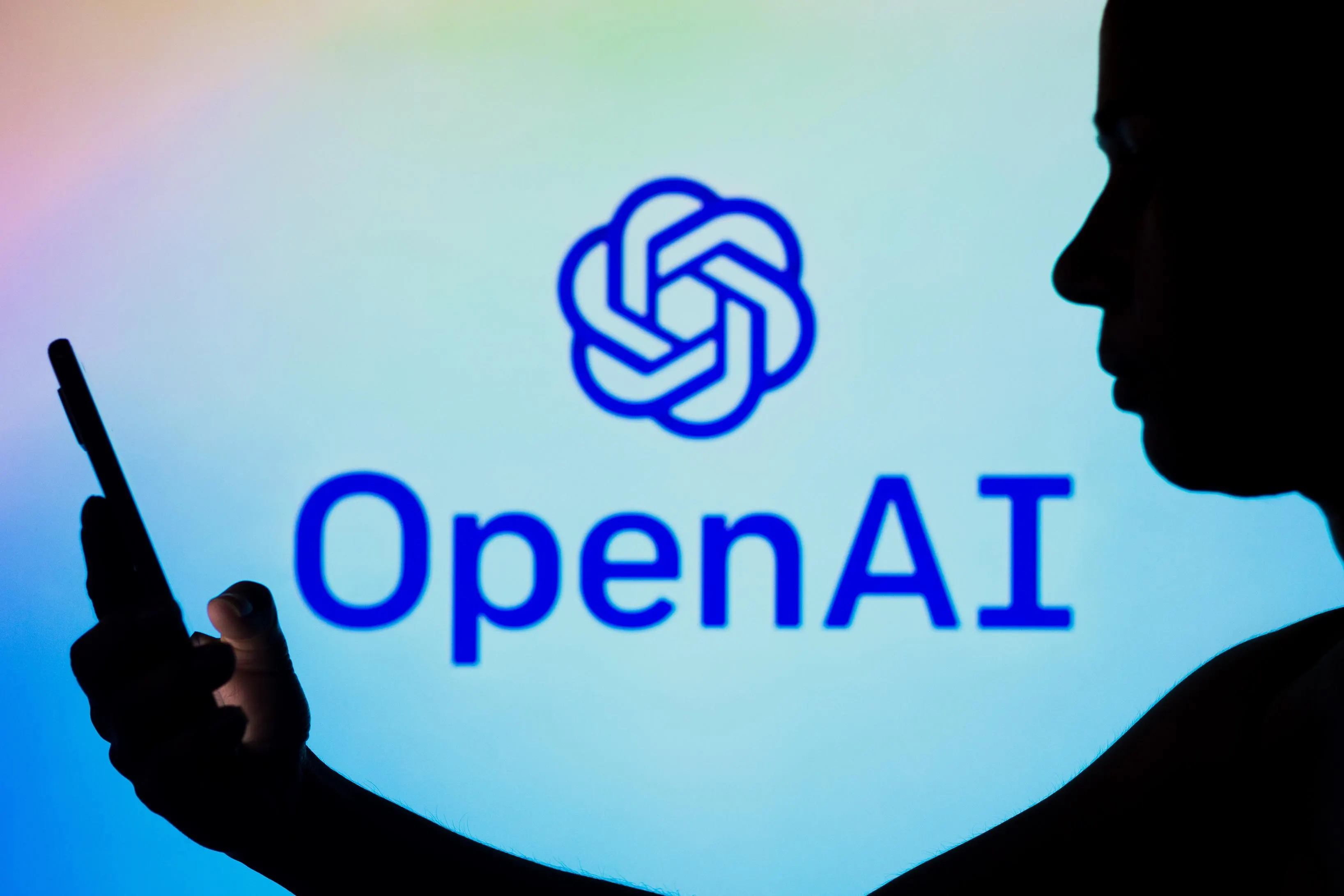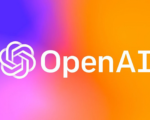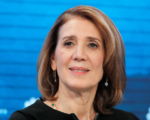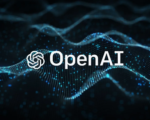Meet OpenAI’s First Chief Economist: 3 Things You May Not Know About Dr. Aaron “Ronnie” Chatterji

OpenAI recently appointed Dr. Aaron “Ronnie” Chatterji as its first chief economist to lead economic research on AI’s societal impacts, including its effects on the global economy and workforce. According to OpenAI’s press release, Dr. Chatterji will contribute to understanding how artificial intelligence can drive growth, solve complex challenges, and foster long-term prosperity.
Larry Summers, an OpenAI board member and former U.S. Treasury Secretary, praised Dr. Chatterji’s expertise, noting that his insights would guide OpenAI in developing impactful AI tools. Here are three lesser-known facts about Dr. Chatterji:
- Duke University Professor for Nearly Two Decades
Dr. Chatterji has taught at Duke University’s Fuqua School of Business since 2006. As a distinguished professor in business and policy, he developed an advanced corporate strategy course that leverages case studies to discuss how evolving political trends influence corporate decision-making. Dr. Chatterji holds a bachelor’s degree in economics from Cornell University and a Ph.D. from UC Berkeley’s Haas School of Business. - Service in Presidential Economic Policy
With experience in both the Biden and Obama administrations, Dr. Chatterji has held significant economic policy roles. Most recently, he served as acting deputy director of the National Economic Council from September 2022 to August 2023, where he helped execute President Biden’s CHIPS and Science Act. In 2010, he worked as a senior economist at the Council of Economic Advisors under President Obama. - Prolific Author and Researcher
Dr. Chatterji has published over 30 research papers, co-authored Can Business Save the Earth? Innovating Our Way to Sustainability (2018), and co-edited The Role of Innovation and Entrepreneurship in Economic Growth (2022). His research often focuses on how innovation and entrepreneurship impact economic growth, aiming to apply this expertise to support OpenAI’s mission of broadly distributing AI’s benefits.





















